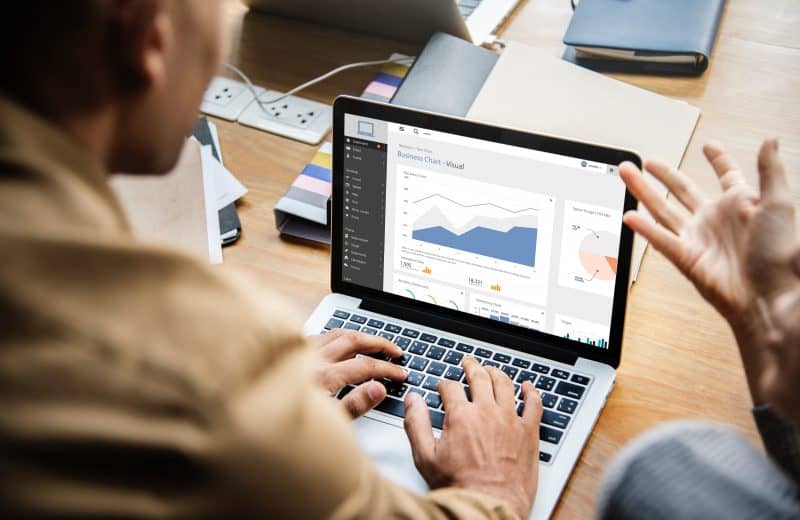All over the world, governments have passed laws that force ISPs to perform mandatory data retention. Laws like the UK’s Snooper’s Charter allow governments to gather huge amounts of data about people in order to place them under surveillance. In the US, Internet Service Providers (ISPs) are even permitted to sell web browsing histories to third parties. This is a huge violation of citizen’s privacy, because what they do online can be used to figure out their preferences, habits, and even personal traits.
What’s more, when you access the internet to visit websites and online services those websites can track you using your IP address. An IP address is a unique digital address given to you by your ISP. By tracking IP addresses websites can figure out when you visit their website, and what pages you visit most often. This permits websites to figure things out about you, and even to sell that information onto marketing companies and other third parties.
Data is power
The problem with data retention of any kind, is that the more data is collected – the more secondary inferences can be deduced about you. Big data works in terrifying and mysterious ways, and it can be harnessed to severely invade your privacyIt has been proven that with enough random data companies can figure out extremely sensitive details about data subjects. This includes people’s religious beliefs, political affiliations, sexual preferences, medical information, and much more. Sadly, it is not uncommon for that data to be used against people – sometimes in highly prejudiced ways.
Medical data might be used to deny people insurance, economic agency may be used to determine loan eligibility. There is even evidence that people’s social contacts, and implied social mobility may be used against people (if not now certainly in the future). This is a slippery road, and anybody who disagrees with being constantly monitored by ISPs, the government, or the websites they visit, needs to seriously consider taking the power back in to their own hands by using a Virtual Private Network.

Digital privacy with a VPN
A VPN is an online service that lets people connect to the internet in privacy. It achieves this by stopping ISPs from being able to track all their web browsing habits. A VPN works by encrypting all the internet traffic that comes and goes from your devices. That encryption securely scrambles your data so that it is unreadable when it passes through your ISPs servers. The result of encrypting your internet traffic is that ISPs are completely unable to track your web browsing habits and metadata – either for their own benefit – or to pass it on to the government.
For travelers heading to countries with strict internet censorship, finding the best VPN for China can make all the difference in staying connected and protected online.
Conceal your IP address
Connecting to a VPN server also conceals your real IP address. It does this by replacing it with an IP address that belongs to the VPN provider. The result is that you can visit websites and online services without them knowing who or where you really are. With your real IP address concealed, websites can’t track you as well, and they can’t create databases about things they find out about you. Connecting to a remote VPN server also allows VPN subscribers to pretend to be in a distant location. By pretending to be in a different country VPN users can access geo-restricted or locally censored content.
And, because of the digital privacy provided by a VPN people can feel confident to access anything they want online without fear of being tracked by the ISP, the government, websites, services, or copyright holders.



